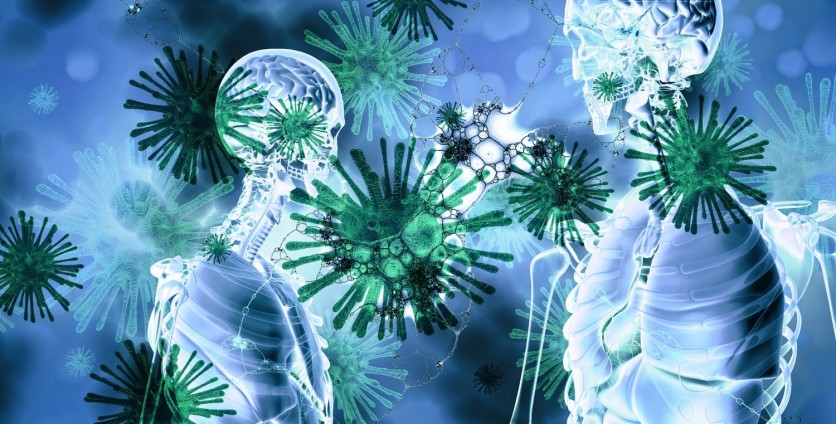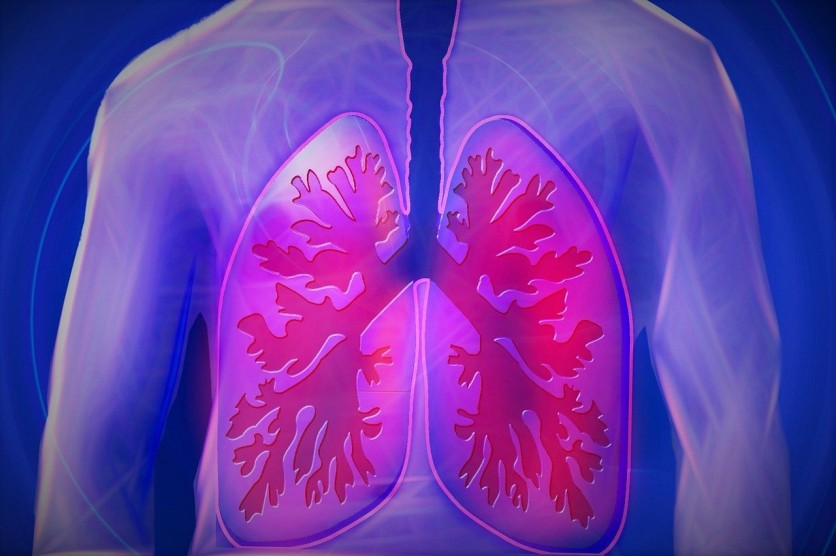The coronavirus pandemic has already affected more than 200,000 people all over the world. Though there are tens of thousands who have already recovered, there is still a considerable number of lives taken away by COVID-19, the disease brought by the novel coronavirus.
However, there are still many people who aren't educated about the topic.

How many can get infected with COVID-19?
According to CNN, the majority of people who are affected by COVID-19 only develop mild, flu-like symptoms, and 80% of people who contract the coronavirus disease can recover without any special treatments.
Only one out of six patients develop severe symptoms and get extremely ill, along with difficulty in breathing.
But, what really happens to our lungs and body when we get infected with COVID-19?
Professor John Wilson, a respiratory physician and president-elect of the Royal Australasian College of Physicians spoke with The Guardian to answer a few questions about coronavirus, COVID-19, and what happens to the body.
What are the four categories of COVID-19 patients?
According to Wilson, there are four categories of people who contract the virus.
The first one is the least serious and is "sub-clinical" or the asymptomatic people, which means they have contracted the coronavirus disease but showed no symptoms, while the second category is those who have COVID-19 and develop mild upper respiratory tract infection.
Patients in the second category develop coughing and fever and maybe other symptoms like conjunctivitis and headache.
The next category is commonly where people go to hospitals as they develop the flu-like symptoms that can keep them off from work. This is reportedly the largest group, and lastly, the group of people that contract the disease and develop severe symptoms, including pneumonia.
As per Wilson, even minor diseases can still transmit the virus without them knowing it.
The professor also explained how pneumonia develops.
Read Also : [VIRAL VIDEO] Woman With COVID-19 Posts Harrowing Video While in ICU to Send a Stark Warning
How does pneumonia develop?

According to him, patients with coronavirus develop cough and fever when the viral infection has reached their respiratory tree, which are the passageways that conduct the air from the outside to the lungs.
"The lining of the respiratory tree becomes injured, causing inflammation. This, in turn, irritates the nerves in the lining of the airway. Just a speck of dust can stimulate a cough," Wilson explained.
He continued, saying that if the infection worsens, it will go past the lining of the airway and into the gas exchange units that sit at the end of the airways. The units will then respond to the infection by "by pouring out inflammatory material into the air sacs."
If that happens, there will be an outpour of inflammatory material into the lung, which then causes pneumonia.
Wilson kept on saying that if the lungs are filled with the inflammatory material, it is unable to perform its duty of distributing oxygen to the bloodstream, which then reduces the body's ability to take in oxygen and get rid of the carbon dioxide.
The professor concluded, saying it's the usual cause of deaths of people with severe pneumonia--something that can happen when a person develops a serious case of COVID-19 infection.
Is there a cure for coronavirus?
As of now, there is still no cure or vaccine available that can stop coronavirus, but CNBC reported that there are at least 20 vaccines currently in development, according to the World Health Organization (WHO).
ⓒ 2026 TECHTIMES.com All rights reserved. Do not reproduce without permission.




